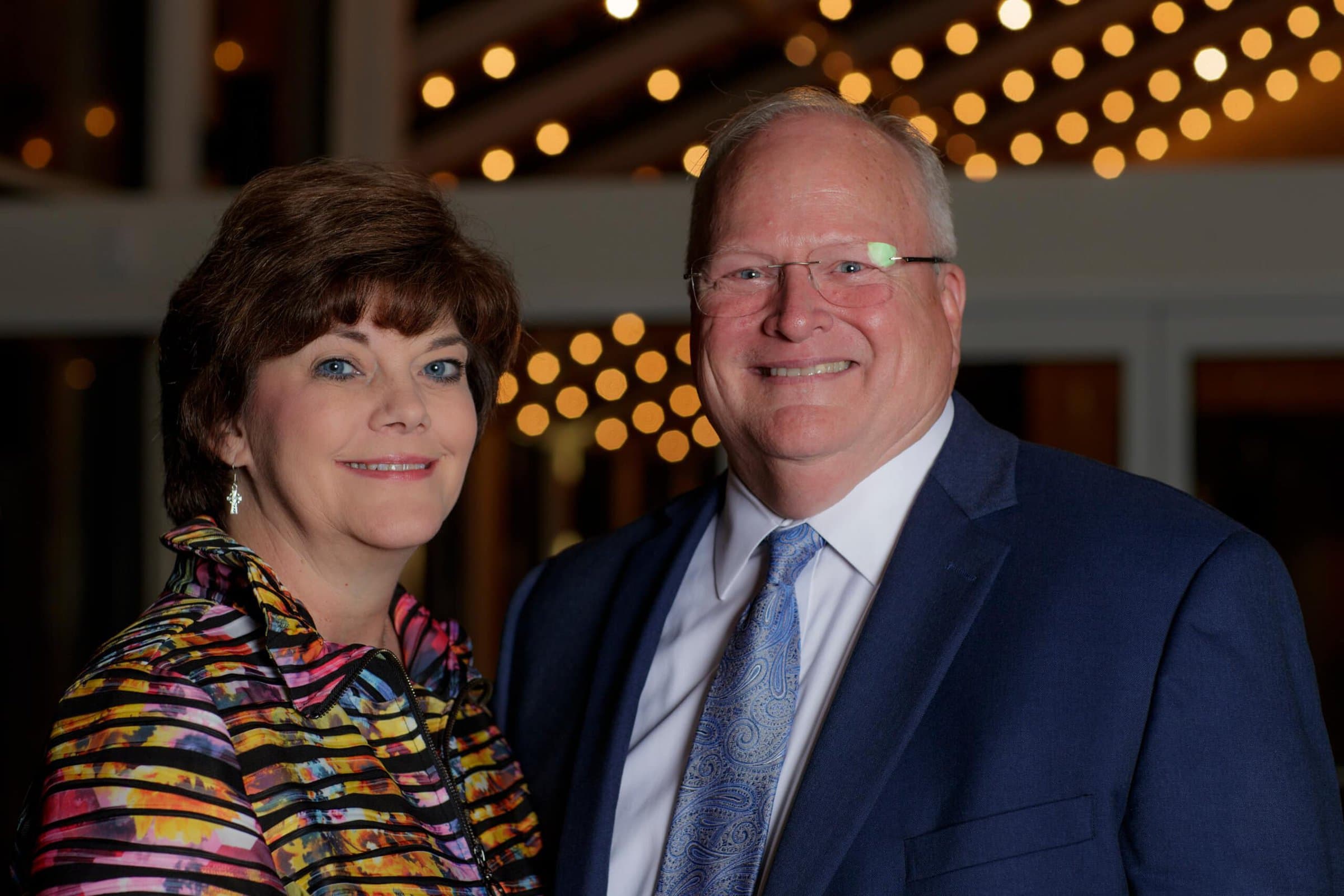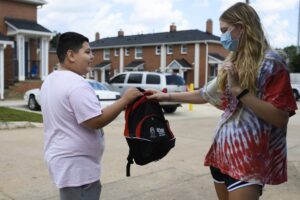
David Barnett, executive vice president and CFO at Brenau University, was among a panel of national experts and campus leaders to speak during a recent virtual forum on best practices in college finance amid the uncertainties of COVID-19.
The June 15 forum was hosted by The Chronicle of Higher Education and higher education financial writer Scott Carlson with support from Deloitte and focused on issues facing private colleges and universities and how to best navigate them.
Barnett, the only CFO on the panel, was joined by Dominican University of California President Mary Marcy, Ithaca College President Shirley Collado and Cornell College Associate Dean Erin Davis. While they discussed accrediting accommodations, finances and other topics, much of the conversation focused on plans for the upcoming fall semester and the challenges posed in executing them.
For Brenau, that means a normal start date, a compressed fall semester that will end by Thanksgiving, and a mix of remote and on-ground instruction.
“We’re going to utilize both the learning management system and face-to-face for each course to allow their instructor to meet the needs of the students and meet the needs of social distancing space and delivery,” Barnett said. “We also have a very large health sciences program, and our students are going back to their sites, (in July) actually, to start doing their clinical work again. So we’re very fortunate.”
Barnett said while budgets do have to be taken into consideration, Brenau would not compromise on the quality and standard of education provided to its students. That includes offering — and improving — remote learning and support capabilities, which Brenau was quick to embrace well before COVID-19. The university has had online programs since 2002, and many are nationally recognized and ranked each year.
“Our university, thankfully, back in 2000 made a decision to offer every degree that we had in an online format,” Barnett said. “We haven’t figured out how to do performance-based programs like dance, music and those sorts of things in a virtual environment, but we’re getting closer.”
All these changes, Barnett said, will mean new thinking and new approaches in how colleges and universities do business moving forward.
“I really do think this is an opportunity to keep expanding instead of contracting the ways in which we educate students on a daily basis,” Barnett said.

